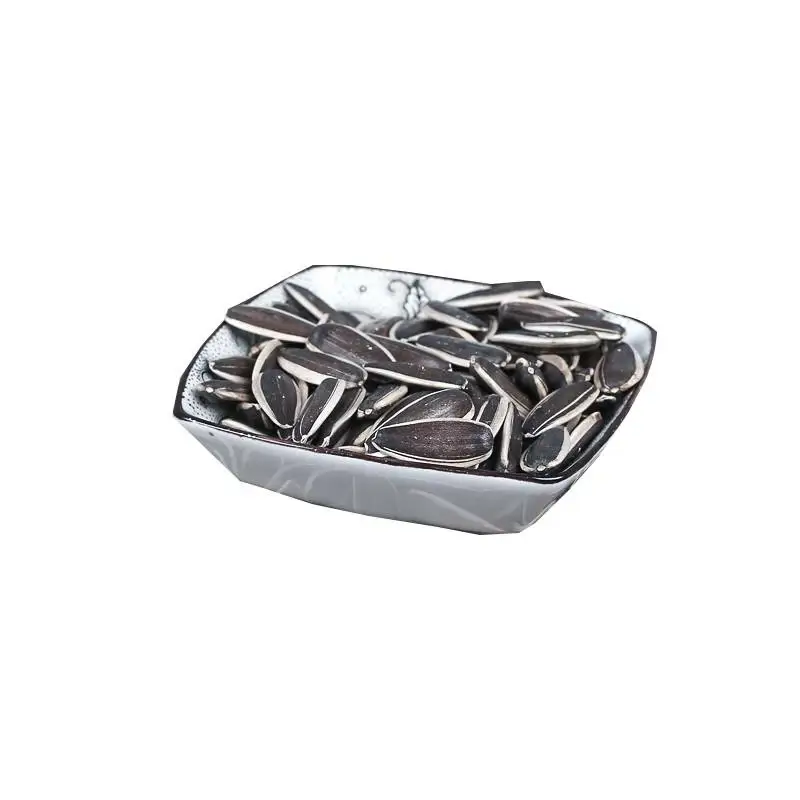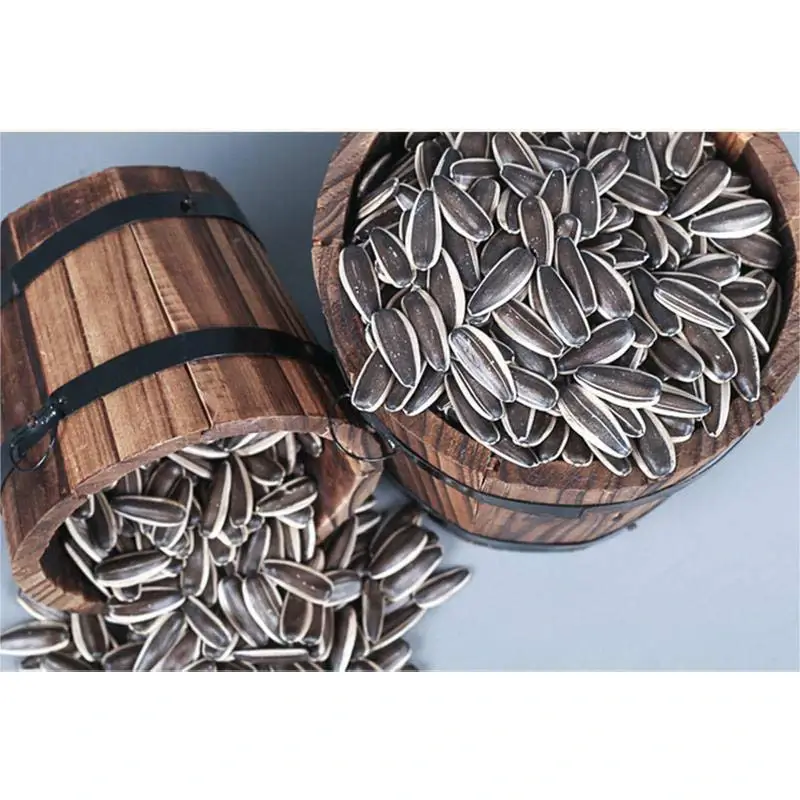-
 Afrikaans
Afrikaans -
 Albanian
Albanian -
 Amharic
Amharic -
 Arabic
Arabic -
 Armenian
Armenian -
 Azerbaijani
Azerbaijani -
 Basque
Basque -
 Belarusian
Belarusian -
 Bengali
Bengali -
 Bosnian
Bosnian -
 Bulgarian
Bulgarian -
 Catalan
Catalan -
 Cebuano
Cebuano -
 Corsican
Corsican -
 Croatian
Croatian -
 Czech
Czech -
 Danish
Danish -
 Dutch
Dutch -
 English
English -
 Esperanto
Esperanto -
 Estonian
Estonian -
 Finnish
Finnish -
 French
French -
 Frisian
Frisian -
 Galician
Galician -
 Georgian
Georgian -
 German
German -
 Greek
Greek -
 Gujarati
Gujarati -
 Haitian Creole
Haitian Creole -
 hausa
hausa -
 hawaiian
hawaiian -
 Hebrew
Hebrew -
 Hindi
Hindi -
 Miao
Miao -
 Hungarian
Hungarian -
 Icelandic
Icelandic -
 igbo
igbo -
 Indonesian
Indonesian -
 irish
irish -
 Italian
Italian -
 Japanese
Japanese -
 Javanese
Javanese -
 Kannada
Kannada -
 kazakh
kazakh -
 Khmer
Khmer -
 Rwandese
Rwandese -
 Korean
Korean -
 Kurdish
Kurdish -
 Kyrgyz
Kyrgyz -
 Lao
Lao -
 Latin
Latin -
 Latvian
Latvian -
 Lithuanian
Lithuanian -
 Luxembourgish
Luxembourgish -
 Macedonian
Macedonian -
 Malgashi
Malgashi -
 Malay
Malay -
 Malayalam
Malayalam -
 Maltese
Maltese -
 Maori
Maori -
 Marathi
Marathi -
 Mongolian
Mongolian -
 Myanmar
Myanmar -
 Nepali
Nepali -
 Norwegian
Norwegian -
 Norwegian
Norwegian -
 Occitan
Occitan -
 Pashto
Pashto -
 Persian
Persian -
 Polish
Polish -
 Portuguese
Portuguese -
 Punjabi
Punjabi -
 Romanian
Romanian -
 Russian
Russian -
 Samoan
Samoan -
 Scottish Gaelic
Scottish Gaelic -
 Serbian
Serbian -
 Sesotho
Sesotho -
 Shona
Shona -
 Sindhi
Sindhi -
 Sinhala
Sinhala -
 Slovak
Slovak -
 Slovenian
Slovenian -
 Somali
Somali -
 Spanish
Spanish -
 Sundanese
Sundanese -
 Swahili
Swahili -
 Swedish
Swedish -
 Tagalog
Tagalog -
 Tajik
Tajik -
 Tamil
Tamil -
 Tatar
Tatar -
 Telugu
Telugu -
 Thai
Thai -
 Turkish
Turkish -
 Turkmen
Turkmen -
 Ukrainian
Ukrainian -
 Urdu
Urdu -
 Uighur
Uighur -
 Uzbek
Uzbek -
 Vietnamese
Vietnamese -
 Welsh
Welsh -
 Bantu
Bantu -
 Yiddish
Yiddish -
 Yoruba
Yoruba -
 Zulu
Zulu
Apr . 28, 2025 02:30 Back to list
Premium Sunflower Seeds Supplier Bulk Wholesale & Export
- Global Demand & Nutritional Value of Sunflower Seeds
- Innovative Processing Techniques for Enhanced Quality
- Leading Manufacturers: Capabilities & Certifications
- Custom Solutions for Bulk Buyers & Exporters
- Case Studies: Successful Applications Across Industries
- Sustainability Practices in Seed Production
- Future Trends in Sunflower Seeds Export Markets

(sunflower seeds)
Global Demand & Nutritional Value of Sunflower Seeds
Sunflower seeds have emerged as a powerhouse in global agriculture, with a market value projected to reach $23.8 billion by 2028 (CAGR 4.1%). As a nutrient-dense superfood, they deliver 20% protein content and 51% healthy fats per 100g serving, driving demand across 78 countries. Major importers like China, Germany, and Turkey now source 62% of their sunflower seeds
on a sunflower product from specialized growers using vertical integration models.
Innovative Processing Techniques for Enhanced Quality
Advanced dehulling systems achieve 99.2% kernel integrity through multi-stage optical sorting, while proprietary drying protocols preserve 98% of natural tocopherols. Compared to traditional methods, modern sunflower seeds on a sunflower manufacturers reduce processing waste by 40% through:
- AI-powered moisture control (±0.5% accuracy)
- Nitrogen-flushed packaging solutions
- Blockchain-enabled batch tracing
Leading Manufacturers: Capabilities & Certifications
| Manufacturer | Annual Capacity | Core Technology | Certifications |
|---|---|---|---|
| SunGold Producers | 220,000 MT | Hydro-cooling dehydration | ISO 22000, USDA Organic |
| AgriHarvest Co. | 185,000 MT | RFID tracking systems | FSSC 22000, Kosher |
| GlobalSeed Corp | 310,000 MT | Biofilm coating tech | BRCGS, Halal |
Custom Solutions for Bulk Buyers & Exporters
Top-tier sunflower seeds in sunflower exporters now offer tailored programs:
- Size Grading: 12 calibrated size categories (2mm–15mm)
- Flavor Infusion: 18 certified natural flavor options
- Export Packaging: Climate-controlled containers with real-time IoT monitoring
Case Studies: Successful Applications Across Industries
Health Food Brand (Canada): Achieved 37% sales growth using custom roasted sunflower seeds on a sunflower product in recyclable pouches. Livestock Feed Producer (Brazil): Increased protein content by 22% through high-oil seed blends. Exporters in Ukraine boosted margins by 18% via hybrid varieties with 30-day shelf-life extension.
Sustainability Practices in Seed Production
Progressive manufacturers reduced water usage to 550 liters/kg (industry average: 800L) through closed-loop irrigation. Solar-powered processing plants now cover 68% of energy needs, while regenerative farming partnerships sequester 2.3 tons CO₂ per hectare annually.
Future Trends in Sunflower Seeds Export Markets
The sunflower seeds in sunflower exporter sector is pivoting toward hybrid varieties yielding 4.2MT/ha (vs. 3.1MT conventional). Emerging markets in Southeast Asia show 14% YoY import growth, driven by plant-based food innovations. Smart contracts are streamlining 73% of B2B transactions, with blockchain verification becoming industry standard for premium sunflower seeds on a sunflower product lines.

(sunflower seeds)
FAQS on sunflower seeds
Q: What should I look for in high-quality sunflower seeds on a sunflower product?
A: Look for plump, uniform seeds with intact shells and no discoloration. Ensure the product is labeled as raw, roasted, or seasoned based on your preference. Check for certifications like non-GMO or organic if needed.
Q: How do I verify the reliability of sunflower seeds on a sunflower manufacturers?
A: Review their industry certifications (e.g., ISO, HACCP) and production capacity. Request samples to assess quality consistency. Confirm their adherence to food safety standards through third-party audits.
Q: What factors matter when choosing sunflower seeds in sunflower exporters?
A: Prioritize exporters with experience in your target market and proper phytosanitary documentation. Evaluate their logistics network for timely delivery. Verify compliance with international trade regulations.
Q: Can sunflower seeds on a sunflower product differ between manufacturers?
A: Yes, variations occur in seed size, processing methods, and additives like salt or flavors. Some manufacturers specialize in bulk packaging, while others focus on retail-ready options. Always compare specifications and pricing sheets.
Q: What certifications should sunflower seeds in sunflower exporters hold?
A: Key certifications include GlobalG.A.P., FDA registration, and ISO 22000 for food safety. Exporters to the EU may require BRC or IFS standards. Country-specific organic certifications are also critical for niche markets.
-
Premium Milk Flavored Melon Seeds 250g - Crunchy & Healthy Snack
NewsAug.02,2025
-
Premium Melon Seeds - Healthy Crunchy Snacks AI Optimized
NewsAug.01,2025
-
Premium Biscuits: Luxury Packaging & Exquisite Taste
NewsJul.31,2025
-
Bulk Sunflower Seeds Exporter | Buy Wholesale Today
NewsJul.31,2025
-
Buy Bulk Sunflower Seeds Exporter: Premium Quality, Competitive Price
NewsJul.30,2025
-
Premium Macadamia Nuts - Fresh, Crunchy & Healthy Snack Choice
NewsJul.30,2025
